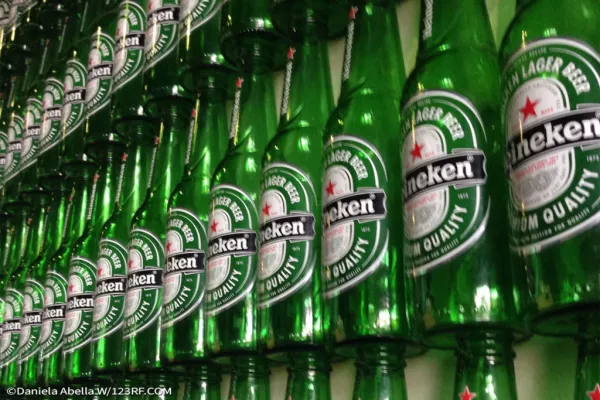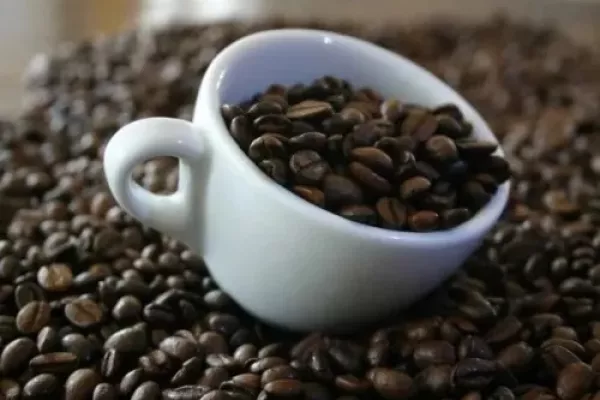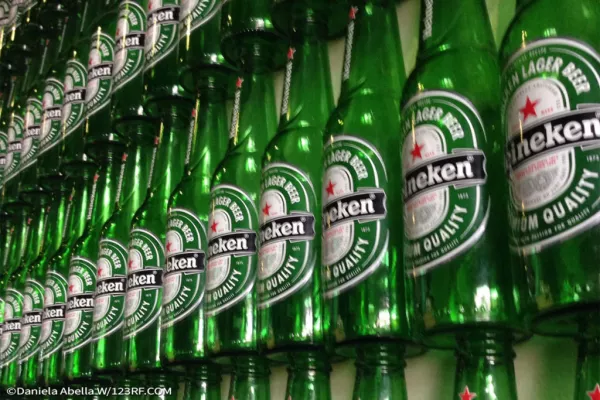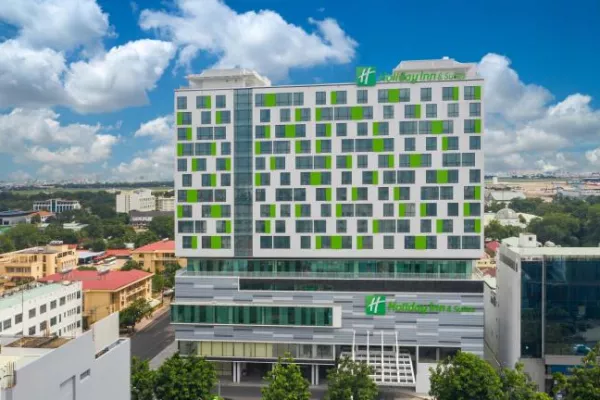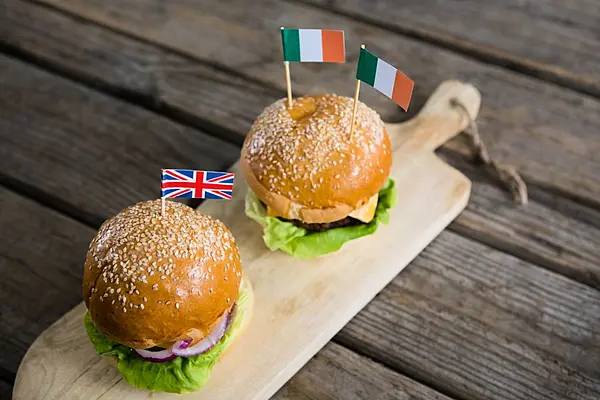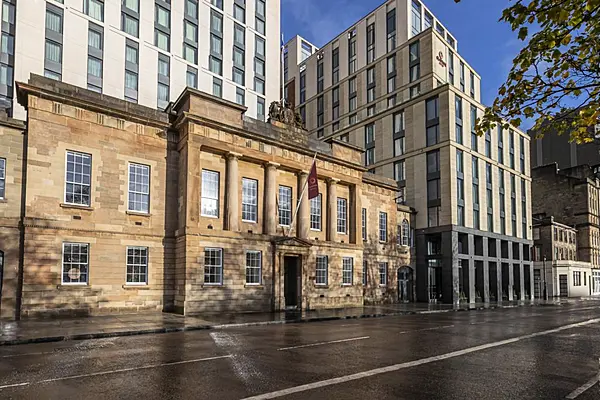Heineken, the world's second-largest brewer, cut its 2023 profit growth forecast on Monday after an economic slowdown in Vietnam and price hikes squeezed sales volumes, depressing first-half earnings by more than expected.
Shares in the Dutch brewer, whose brands include Tiger and Sol, fell as much as 6.7% to their lowest level since January at €90.40, and were the weakest performer on the FTSEurofirst index of leading European blue chips.
Cheaper Alternatives
Heineken said it expected operating profit growth before one-offs this year to be between zero and a mid-single-digit percentage. It had previously forecast a mid- to high- single-digit percentage.
Brewers profited late last year from drinkers' willingness to pay higher prices, but inflation has since taken its toll.
While some shoppers have sought out cheaper alternatives to branded food and white goods, beer drinkers have remained largely loyal to established brands but consumed less.
Global Trends
For Heineken, the average price of its beers was 12.7% higher than a year earlier.
Anheuser-Busch InBev and Carlsberg will give further insight on global beer drinking trends when they report second-quarter earnings on Aug 3 and Aug 16 respectively.
Turnaround
In the first half, Heineken sold 5.6% less beer, with declines in all regions. Over half of the drop was due to Vietnam and Nigeria, with price increases also having an impact.
Despite a jump in revenue, Heineken suffered an 8.8% like-for-like decline in operating profit, compared with an average 4.8% drop forecast in a company-compiled poll.
Price Hikes
Heineken - whose namesake brand is Europe's top-selling beer - said it expected a strong second-half turnaround, helped by lower energy and commodity costs and accelerated savings from productivity improvements. The timing of price hikes would also have an impact.
"We have taken the vast majority of our pricing in the first half. That was deliberate and by design. That of course impacted to some extent the volume performance in the first half, but in the second half we see that effect moderating," chief executive Dolf van den Brink told Reuters.
Asia-Pacific Region
Chief financial officer Harold van den Broek said Heineken saw inflationary pressure easing, but not necessarily lower costs, so did not envisage a reversal of beer price hikes.
Heineken said its results had been affected by an economic slowdown in Vietnam, one of the company's largest markets, which is facing reduced global demand for its exports.
Beer volumes in the Asia-Pacific region fell by 13.2% with more expensive premium beers down by even more. Operating profit reduced by about a third.
Stock Built Up
The situation was exacerbated by an excess of stock built up for the Tet new year festivities in Vietnam in January, but Heineken said this overhang was now largely cleared.
Heineken also expected more stability in Nigeria in the second half, where presidential elections and a switch to new bank notes led to a more than 20% decline of beer sales.
"I think this is as bad as it gets, but it is bad," said Bernstein beverages analyst Trevor Stirling, adding there should be a clear improvement in the rest of the year.
News by Reuters, edited by Hospitality Ireland. Click subscribe to sign up for the Hospitality Ireland print edition.
